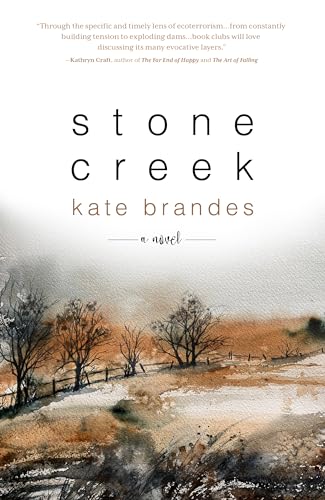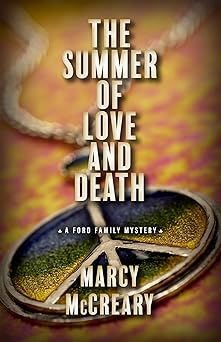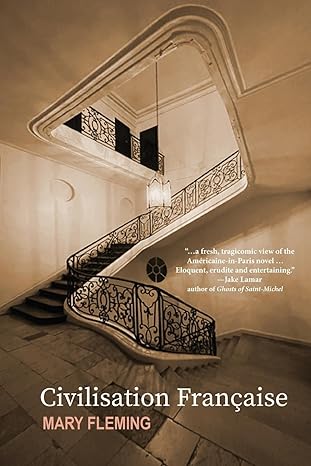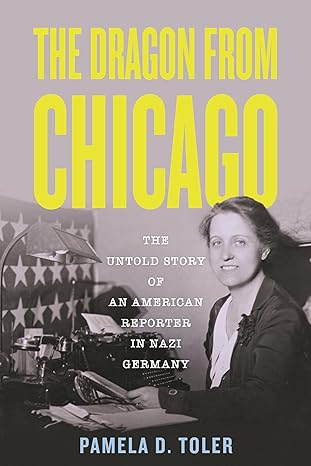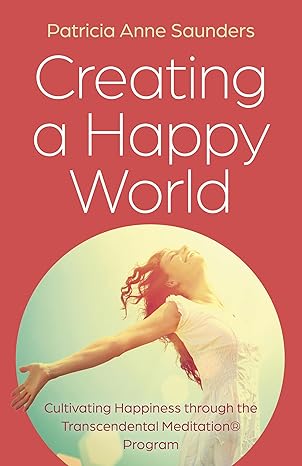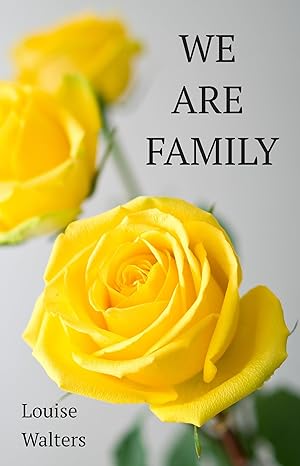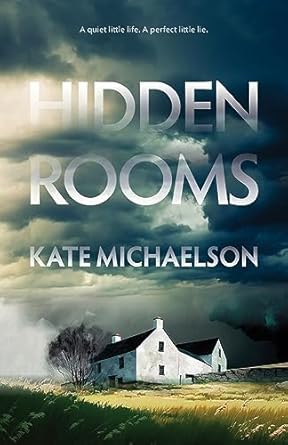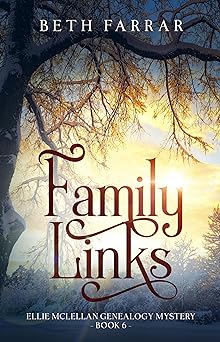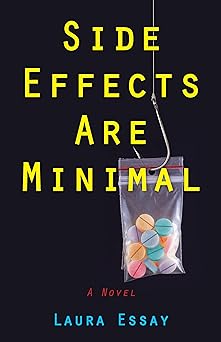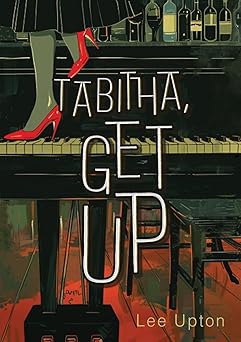On Writing AKMARAL
On Writing AKMARAL
by Judith Lindbergh
 Anyone who knows me will tell you that I am the least likely person to kill anything, even an insect that accidentally flies into my kitchen. I meditate and do yoga. I was “forest bathing” before I had ever heard the term. I nurture a native perennial garden where wild creatures eat up all my hard-earned blooms and I don’t even shoo them away.
Anyone who knows me will tell you that I am the least likely person to kill anything, even an insect that accidentally flies into my kitchen. I meditate and do yoga. I was “forest bathing” before I had ever heard the term. I nurture a native perennial garden where wild creatures eat up all my hard-earned blooms and I don’t even shoo them away.
So how did I end up writing a novel about a woman from the ancient past for whom battle and killing are cultural necessities?
My new novel, Akmaral (Regal House Publishing, May 7, 2024), is about a nomad woman warrior on the ancient Central Asian steppes who must make peace with making war. I phrase it that way intentionally because Akmaral does not relish violence any more than I do. Her skills as a warrior are essential to her survival and to protect the ones she loves.
Akmaral’s roots are in the writings of Herodotus, the ancient Greek “Father of History,” and his tales of the Amazon women who fought in the Trojan War. But even more, her story is based in archaeological evidence that proves such women warriors were real.
Akmaral lives in a matriarchal culture where every person must learn the skills of hunting and war. This is neither conjecture nor fantasy. In my research, I discovered countless burials from the 5th century BCE of women who had died of battle wounds on the Central Asian steppes and were laid to rest with their weapons at their sides. Their prominent burials and rich grave goods suggest that they were respected leaders as well as warriors, and often priestesses, too. Unlike so many women in historical fiction and in history, these women weren’t outliers, fighting against social norms to seize their right to lead. Women warriors in this era were evidently the rule.
What would it be like to be a woman who never had to question her value? Who lived in a culture where women were equals implicitly and from the start, including in military might and responsibility. It sounds like a rare privilege, until you consider what Herodotus writes about the Amazons in his Histories, “It is their custom that no maiden weds until she has killed in battle.”
What if you were born to this world, but killing was not your desire or even your nature? What if you were a woman like me?
When I began this novel, my two boys were young. I remember them playing in the backyard. Their favorite games were wrestling each other to the ground and battling with Nerf swords. They showed little interest in reading, arts and crafts, or my gentle, gender-neutral toys. It took me a long time to accept their inclinations. As I watched them joyfully whacking each other over the head, I asked myself what would make me fight like that—not with joy and fun, but savagery? I knew the answer in an instant: if anyone dared to threaten my children, I wouldn’t have hesitated. I would have fought and even died to protect my family.
That recognition provided the key to understanding Akmaral. For her, it is never bloodlust that drives violent action, but a deeply felt, even maternal obligation to keep her people safe. In her small nomadic band surviving on the vast, vulnerable steppes, everyone has to pitch in, whether it is watching the herds or the children, scaring off wild beasts or wild men.
But Akmaral isn’t only a warrior. She is a woman with passions and fears. At the beginning of the novel, she experiences a devastating loss. Her first task is to find the resilience to carry on. Back then, there were no anti-depressants or anxiety pills, and definitely no talk therapy—things many of us turn to when coping with emotional strife. Akmaral finds solace in her close-knit aul—the small group of families who travel together from pasture to pasture with their horses and herds. The work of survival gives Akmaral purpose and responsibility to someone other than herself. I found that I, too, grew stronger and less self-absorbed after I had my sons. Suddenly, someone needed me more than I needed to fixate on myself.
The spirituality of her culture also gives her comfort. Her people are deeply rooted in their connection to nature and their ancestors. Even in her deepest moments of loss, Akmaral senses them as a presence, as much in the real world as in the hereafter. Isn’t that what I feel when I am deep in the woods, listening to the wind in the trees or the thrushes singing from high in the branches? Perhaps I don’t personify nature in quite the same way, but science has shown us that even trees communicate, and animals experience emotions, including maternal bonds.
In Akmaral, animals are more than utilitarian. Yes, her people herd horses, sheep, and camels; they are dependent on their beasts for everything: food, clothing, shelter, transportation, and more. But it is the wild creatures who are spiritual symbols. Each section of my novel is titled for one of these elusive, mystical beasts who are totems, teachers, and guides.
Finally, Akmaral is surrounded by strong women, fierce female role models who also share the gentleness of their hearts: Meiramgul, her clan’s leader; the Ak Kam, their group’s priestess; and the Kara Kam—a mysterious recluse who is both a shamaness and perhaps something more. Each of these women provide guidance and an anchor, as do her friends—men and women both, all warriors themselves.
For me, writing Akmaral was never about violence. My story is about the bonds of community, motherhood, love, and the wild world that sustains us all. It is about living and breathing every moment as if it is one’s last, and recognizing the preciousness of life itself.
—
Judith Lindbergh’s new novel, Akmaral, about a nomad woman warrior on the ancient Asian steppes, is forthcoming on May 7, 2024 from Regal House Publishing. Her debut novel, The Thrall’s Tale, about women in the first Viking Age settlement in Greenland, was an IndieBound Pick, a Borders Original Voices Selection, and praised by Pulitzer Prize winners Geraldine Brooks and Robert Olen Butler. She received a 2024 Fellowship from the New Jersey State Council on the Arts. Judith is the Founder/Director of The Writers Circle, a creative writing center based in New Jersey. Learn more at: https://judithlindbergh.com/.
AKMARAL
 Before the Silk Road had a name, nomads roamed the Asian steppes and women fought side by side as equals with men. Like all women of the Sauromatae, Akmaral is bound for battle from birth, training as a girl in horsemanship, archery, spear, and blade. Her prowess ignites the jealousy of Erzhan, a gifted warrior who hates her as much as he desires her. When Scythian renegades attack, the two must unite to defeat them. Among their captives is Timor, the rebels’ enigmatic leader who refuses to be broken, even as he is enslaved. He fascinates Akmaral. But as attraction grows to passion, she is blinded to the dangerous alliance forming between the men who bristle against the clan’ s matriarchal rule. Faced with brutal betrayal, Akmaral must find the strength to defend her people and fulfill her destiny. Drawn from legends of Amazon women warriors from ancient Greece and recent archaeological discoveries in Central Asia, AKMARAL is a sweeping tale about a powerful woman who must make peace with making war.
Before the Silk Road had a name, nomads roamed the Asian steppes and women fought side by side as equals with men. Like all women of the Sauromatae, Akmaral is bound for battle from birth, training as a girl in horsemanship, archery, spear, and blade. Her prowess ignites the jealousy of Erzhan, a gifted warrior who hates her as much as he desires her. When Scythian renegades attack, the two must unite to defeat them. Among their captives is Timor, the rebels’ enigmatic leader who refuses to be broken, even as he is enslaved. He fascinates Akmaral. But as attraction grows to passion, she is blinded to the dangerous alliance forming between the men who bristle against the clan’ s matriarchal rule. Faced with brutal betrayal, Akmaral must find the strength to defend her people and fulfill her destiny. Drawn from legends of Amazon women warriors from ancient Greece and recent archaeological discoveries in Central Asia, AKMARAL is a sweeping tale about a powerful woman who must make peace with making war.
BUY HERE
Category: On Writing




